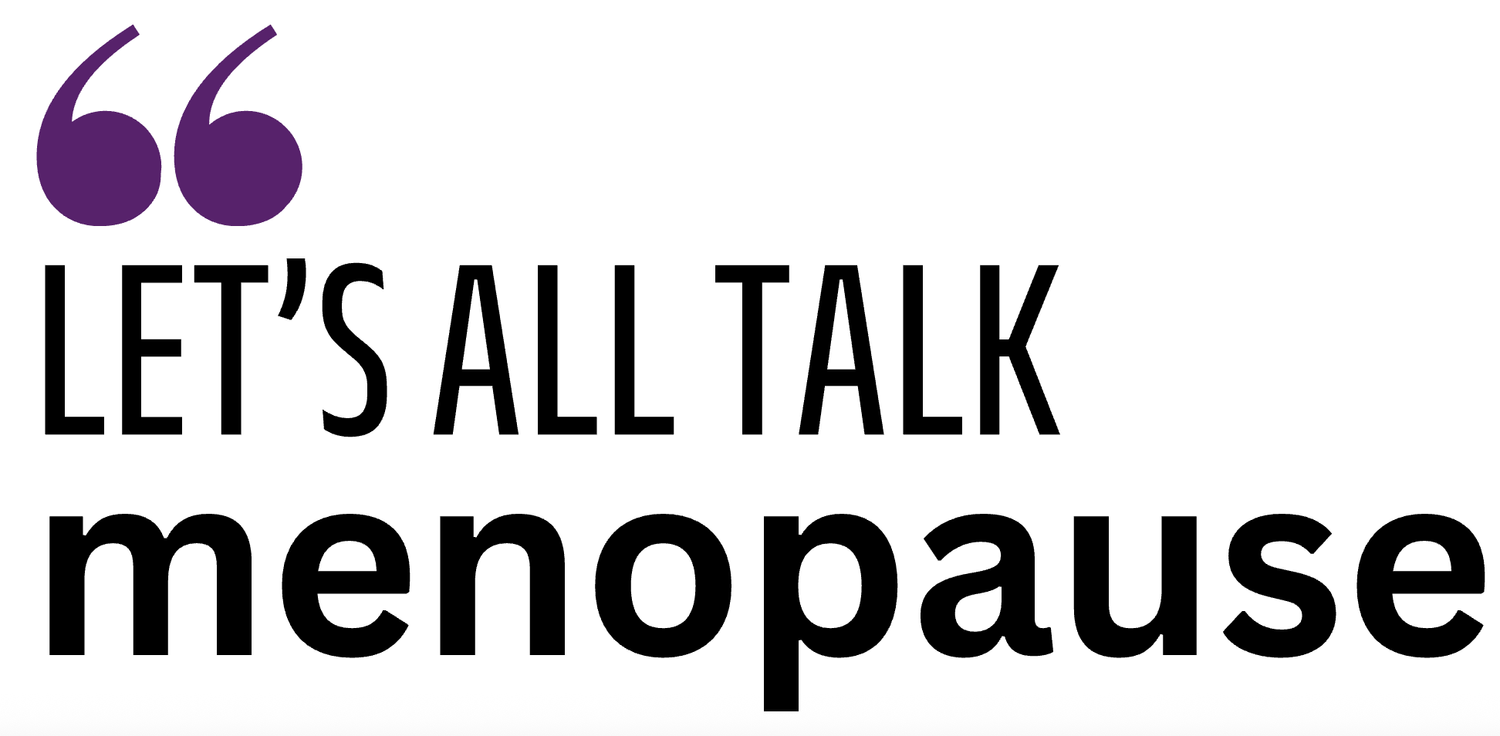Mood and Mental Health with Dr Farnaaz Sharief MBE
Menopause is a big change in a woman's life, bringing hormonal shifts that can affect mood, anxiety, and depression. The drop in oestrogen and progesterone during this time impacts both body and mind.
Hormonal Effects on Mood
As oestrogen levels fall, serotonin production decreases, leading to mood swings and irritability. Progesterone, which usually calms, also drops, causing anxiety. These changes, along with life's usual stresses, can really shake up mental health.
Tips for Managing Mood Swings
Here are some ways to handle mood swings and anxiety:
Boost Endorphins: Exercise, laughter, and even a bit of dark chocolate can lift your spirits. A quick walk or a good laugh can do wonders.
Mindfulness and Meditation: These practices help reduce stress and improve mood. They can even lessen hot flushes and improve life quality. "Mindfulness practices can significantly reduce anxiety and depressive symptoms," says Dr. Sharief.
Stay Connected: Social interactions, like a simple hug, can boost your mood by increasing endorphins.
"A 20-second hug actually increases the endorphins in your system."
Eating Right
Diet is key during menopause. Eating more protein-rich foods like fish, eggs, and nuts can boost dopamine, helping with focus and mood. Antioxidants from fruits and veggies, plus calcium and vitamin D, are also beneficial.
Cold Water Therapy
Cold water therapy, like ice baths, can dramatically increase dopamine levels, boosting mood and energy. "An ice bath increases your dopamine levels by up to 250%," notes Dr. Sharief.
Long-term Benefits
Managing menopause well can lower the risk of depression and anxiety later. Building resilience now helps keep mental health strong as you age.
Boosting Self-Confidence
Menopause can hit self-confidence hard. Regular exercise and a healthy diet can help rebuild it. Accepting and understanding this new life stage is also important. "Confidence is a state," says Dr. Sharief, "and tuning into that state regularly makes us feel better."
Finding Support
There are many resources for menopausal women, from community programs to online groups. These can offer support and information to help manage menopause effectively.
In the end, being kind to yourself and making small, consistent changes can make a big difference. Embrace this transition with awareness and proactive steps for a healthier, happier life stage.
